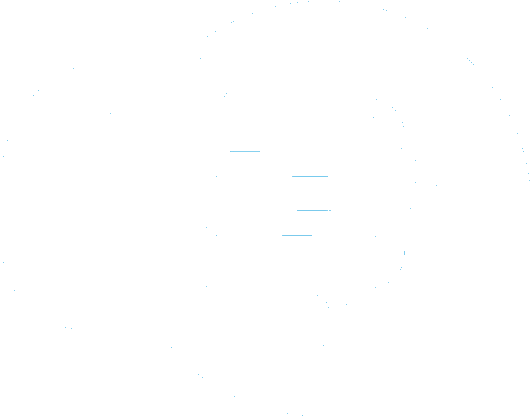History
Why is History important?
At Lingham, we aim for a high quality, bespoke History curriculum with the aim to provoke our pupil’s curiosity and fascination about Britain’s past and that of the wider world and how it has impacted on the modern world. Our teaching equips pupils with knowledge about the history of our local and surrounding areas, Britain and the UK so that the children can see things in a greater context. Through a progressive, engaging curriculum the children will know and understand significant aspects of the history of the wider world like ancient civilisations and empires and what this means for us today. We look at changes in living memory and events beyond living memory; the lives of significant and influential people of the past; understanding the role of a historian and thinking like a historian; and use what we have learnt to ask and answer questions. Our children enjoy learning about history, gaining knowledge and acquiring skills, not just through experiences in the classroom, but also with the use of fieldwork and educational visits.
How do we teach History?
In ensuring high standards of teaching and learning in history, we implement a curriculum that is progressive throughout the whole school. History is taught across the year as part of our half termly topics, focusing on knowledge and skills stated in the EYFS and National Curriculum. At Lingham we use an enquiry-based approach to our history curriculum. Each topic has an over-arching question and lessons within the units are broken down into smaller questions, this ultimately enables the children to build up knowledge and practise the skills to answer the overall question. We have carefully mapped out our units to ensure that children get a wide-ranging experience of disciplinary skills and have repeated encounters with some of the substantive concepts to deepen their understanding. They key threads that run through our curriculum are: invasion and conflict, settlements, trade and travel. We feel it is important for the children to see how the history they have studied has impacted the local and surrounding areas. As well as three in-depth local history studies in Year 1 (New Brighton), Year 2 (Lord Leverhulme) and Year 5 (The Viking impact on Wirral), we have ensured that each year group makes these links within at least one of their units throughout the year.
How do we measure the impact of History?
We aim for our children to leave us in Year 6 with a passion and enthusiasm for History. We use our curriculum to equip children with the knowledge and skills for history at Key Stage 3 and ultimately for life as an adult in the wider world.
At Lingham we measure the impact of history in a number of ways. Each unit starts off with a chronology activity that gives the children the opportunity to retrieve previous time periods and see where the new time period is in a context. Each lesson has a carefully planned in retrieval activity that is linked to previous learning from current units and content taught in previous year groups. We use short quizzes at the end of each unit to assess the knowledge that the children have learned. Any gaps in knowledge and understanding or misconceptions that we identify are then built in as retrieval opportunities in subsequent units.
Medium Term Planning
Year 1:
Year 2:
Year 3:
Year 4:
Year 5:
Year 6:
Key themes
We have four key themes running though our whole school curriculum:
- Invasion and conflict
- Settlements
- Trade
- Achievements
Have a look at our History roadmaps below for more information:

